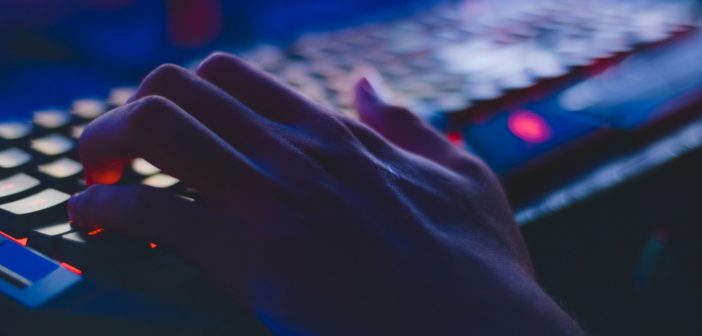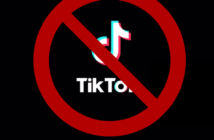By Matthew Beil, Staff Writer
In recent weeks there has been a big stir in the media. Hackers have attacked thousands of American corporations, which include Apple, Twitter, Facebook, Coca-Cola, the New York Times and The Washington Post. This has occurred over the past five years. Recently, however, many companies did not disclose this information in fear that their investors may flee or that the company itself may have a lawsuit filed against it. In the last month, though, many companies have come forward and stated that they have been hacked.
To many security experts, this is a good thing. It allows for more transparency and leads to greater protection. In each industry when a giant like Google steps forward, they help to raise attention to the issue, leading to greater security. The problem has gotten the attention of President Barack Obama. The President signed an executive order, and while it is only voluntary, it created a way for dialogue to occur between the federal government and individual companies about the threats these companies face from the web.
Where did these attacks come from? A United States security company, Mandiant, reported that the attacks came mostly from China. These Chinese hackers, as the Mandiant report states, are funded by the Chinese People’s Liberation Army (PLA). Mandiant reported that it found the hackers because of China’s ban on sites like Twitter and Facebook. The hackers would use virtual private networks to get around this. Mandiant found that several of the hackers used the VNP servers for attacking corporations to access the hackers own Twitter and Facebook’s. The report narrowed down the attacks to a specific building on the outskirts of Shanghai. This building is home to the PLA Unit 61398, which is believed to be the location of a major hacking operation.
Several of China’s ministry heads have come out against the Mandiant report. Geng Yansheng, spokesperson for the ministry of National Defense, stated in a press conference on Feb. 20 that: “The claim by the Mandiant Company that the Chinese military engages in internet espionage has no foundation in fact.” China too has insisted that it has been the target of cyber attacks.
This issue brings to light the changing face of national security and personal security in the modern age. In an age of digitalization, where almost everything is conducted by computers, there are real threats. These threats go beyond identity fraud and stealing vital secrets. Everyday things such as power grids, water mains, and communication networks are controlled by computers. These things, if hacked into and tampered with, could have serious implications and endanger lives. Countries that rely heavily on digital information are at risk. It would be in the interest of all nations and people to address these threats.





